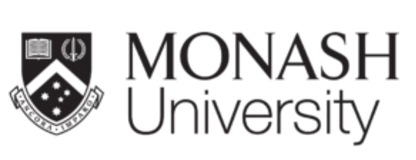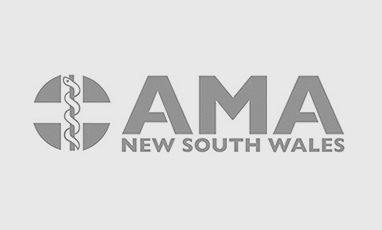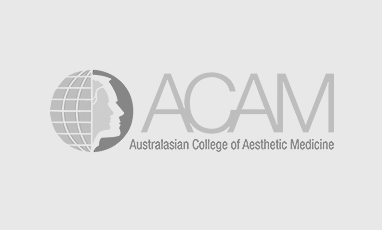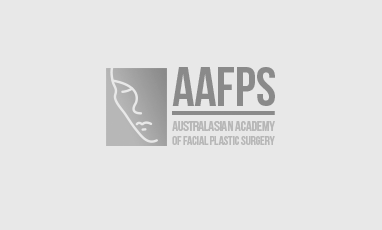WHAT IS VOICE SURGERY?
Microlaryngoscopy is the primary treatment for a large number of lesions of the voice box. Polyps, cysts, scar tissue, and sometimes nodules can be resected under high power magnification.
Specialised techniques of laser, or micro flap excision minimise surrounding damage to the vocal cords and can allow for good healing with return of the improved singing or speaking voice.

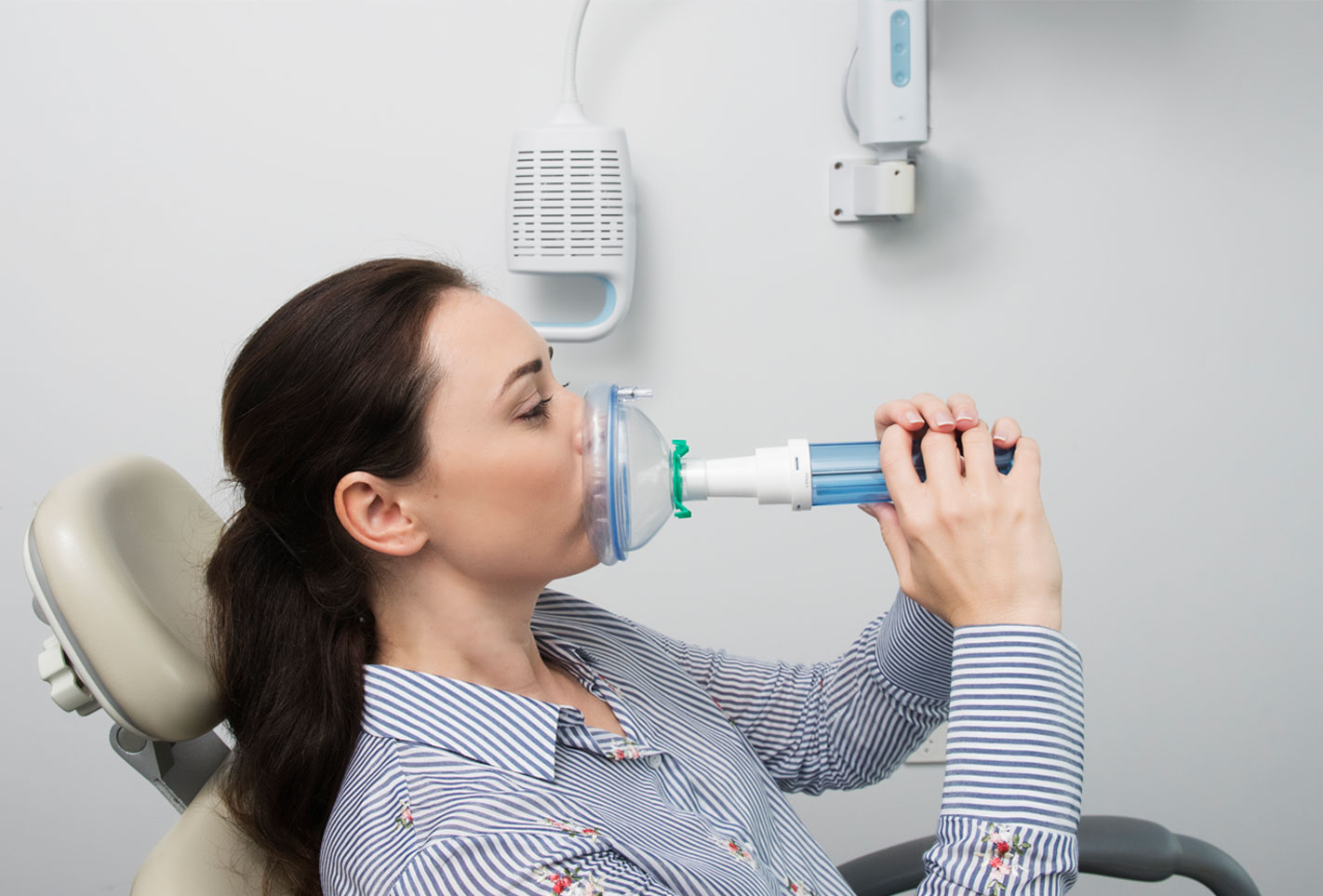
THE PROCEDURE
Voice surgery (microlaryngoscopy) requires a general anaesthetic in hospital. It is performed through the mouth so there is no scarring. It can be a varied procedure depending on the presenting problem. The procedure includes both diagnosis and treatment, and this treatment can vary, but may include laser to scarrring or lesions, micro surgery to abnormalities, injections to paralysed vocal folds (cords). The aim is always to improve or maintain voice and airway.
There is a way to help restore our voices to a more natural, youthful, relaxed quality. The Voice Lift involves an injection of implant material into the lateral part of the vocal cord. This helps add increased substance to the vocal cord and diminishes the effort needed to obtain vocal fold closure and thus voice. This is performed in a clinical setting or under topical anaesthesic, or in the hospital setting.
METHOD
Microlaryngoscopy is a procedure that means the vocal folds are looked at in great detail with magnification. The magnification may be with a microscope, endoscope or by video enlargement. It is often accompanied by some additional procedure such as removal of a mass, swelling or tumour. Long delicate instruments or a laser may be utilised. It is sometimes performed in the consulting rooms, though more typically it is performed in the operating room.
Vocal fold injection is used to treat unilateral vocal fold paralysis by injecting material into the paralysed vocal fold. This pushes the paralysed fold to the middle so that when the normal fold closes there is no gap. For this procedure the patient is put to sleep with a general anaesthetic and a special scope is put into the throat so that the injection can be performed. There are several things that can be used for vocal fold injections, these include your own fat or synthetic materials. Some injections can be performed with local anaesthesia.
Thyroplasty is a surgical technique designed to improve the voice by altering the cartilages of the larynx (the voice box), which houses the vocal folds (the vocal cords) in order to change the position or length of the vocal folds. TransNasal Esophagoscopy (TNE) is a technique of endoscopically examining the oesophagus with an ultra thin flexible endoscope that is passed via the nose into the oesophagus.
WHAT TO EXPECT AFTER
Vocal Fold mediatisation surgery can help to close the voice box, provide a stronger, more natural voice, and help prevent aspiration. This can be accomplished by an injection of material into the vocal folds to help push them together. This injection is either performed in the consulting room under topical anaesthesia, or in the operating theatre. Another procedure requires a small incision over the Adam’s apple and the placement of a small implant to push the paralysed vocal fold toward the midline. Both are usually well tolerated surgeries and can provide a good result.
Importantly we usually insist on complete voice rest for some days after surgery. This means no (or absolute minimal) talking. whispering is a no-no, and coughing should be non-‘violent’.
Please contact our Patient Coordinator through our Online Inquiry Form or call 02 8897 0079 to book a consultation today.
Any surgical or invasive procedure carries risks. Before proceeding, you should seek a second opinion from an appropriately qualified health practitioner.
FAQ’S
Expect to spend about an hour with Dr William Mooney for a thorough voice consultation.
Voice surgery is performed under general anaesthetic in a formal theatre setting.
The surgery is usually performed transorally, leaving no scars, cuts or bruises.
There are so many different possible pathologies, too difficult to summarise here. But there are a host of conditions that can be radically improved with micro laryngology surgery.
You will first be greeted by Dr Mooney’s receptionists, they will ask you to fill in a form with basic details.
This is followed by a formal consultation with Dr William Mooney.
He will assess your full medical history and a medical examination is performed.
In voice surgery, change in voice, progression and what features are involved such as; loss of volume, tone, fatigability and change in pitch must be thoroughly investigated.
Professional voice users are quizzed at the extent and type of voice use.
Features such as smoking and reflux are very pertinent to voice problems.
A thorough examination ensues, Dr Mooney will perform a fibreoptic nasendosopic examination in clinic under a local anaesthetic and is easily tolerated by patients. This will allow Dr Mooney and patient to observe the voice box on our state of the art, clinic screen system.
Dr William Mooney will then discuss operative planning, risks and complications.
We always have at least two consultations before surgery. This cooling off period is essential as this is such an important life decision. It is a healthcare stipulation for young patients but we apply to all patients.
At our subsequent consult, we discuss the finer details of the pre-operative treatment; what to wear, eat, think and do as your operation approaches.
Following your first voice consultation, the wait period for surgery is between two to six weeks.
Voice surgery can take about one to two hours.
Pain is not a big feature of voice surgery but patients must be on complete voice rest for seven days, sometimes longer in more extensive surgeries.
There should be no swelling or bruising, it is an internal surgery only.
Seven to 10 days off work is sufficient but professional voice users may require a longer period.
Dr Mooney and the pre-operative nurse will go through all of your operative planning a couple of weeks before voice surgery.
Voice surgery is a day stay, only.
Voice surgery can be performed at the following private hospitals: Bondi Junction Private and Lingard Private Hospital.
Dr Mooney performed his first voice surgery in 1997.
Dr Mooney will advise absolute voice rest for seven days, longer in professional voice users.
Prior to your surgery, you may be advised to stop and start certain supplements.
Dr Mooney and the pre-operative nurse will go through all of your operative planning a couple of weeks before voice surgery.
Typically, Dr Mooney will ask our interstate voice surgery patients to stay in Sydney for seven to 10 days.
Typically, Dr Mooney will ask international voice surgery patients to stay in Sydney for seven to 10 days.
Prior to your procedure, patients are required to lock in the post-operative appointments with Dr Mooney and the post-operative nurses. Dr Mooney and the pre-operative nurse will go through all of your operative planning a couple of weeks before voice surgery.
A portion of voice surgery may be claimable via Medicare. Depending on the level of health cover you have, there may be claimable items such as hospital cover. This will be determined following a consultation with Dr William Mooney.
Patients can return to light exercise and cardio after one week and normal exercise at two weeks.

